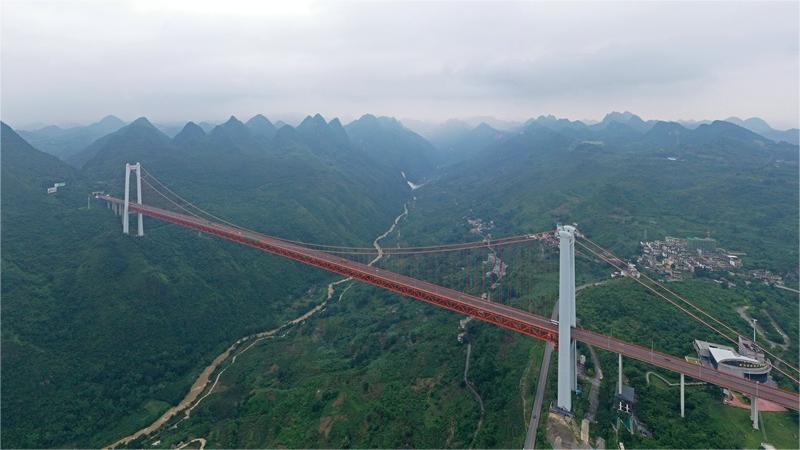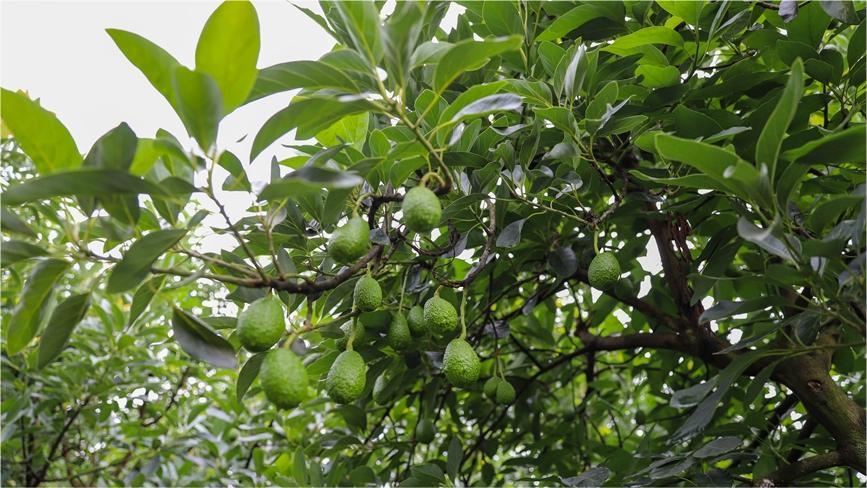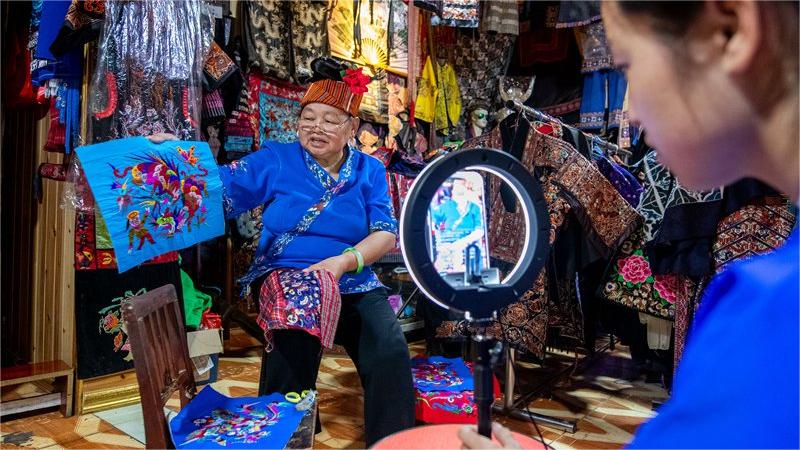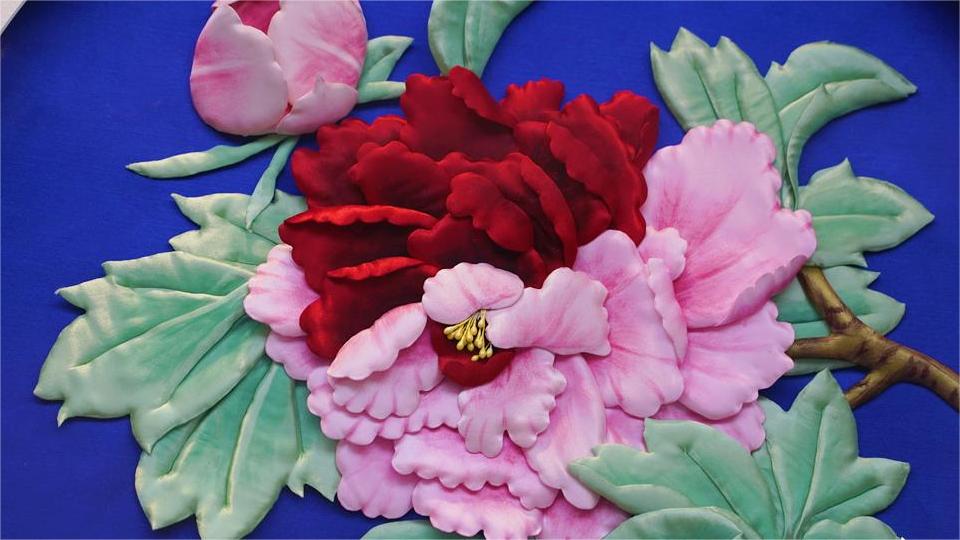China-Kazakhstan Center for Traditional Medicine boosts mutual understanding, affinity
On a summer morning, Gulzhina, a Kazakhstani patient supported by her family, entered the China-Kazakhstan Center for Traditional Medicine in Astana, Kazakhstan's capital, as soon as the center opened its doors.
She had learned about the facility through word of mouth and came for post-stroke rehabilitation.
While waiting outside the examination room, Gulzhina spoke with Li Honggang, the Chinese director of the center, inquiring about future development plans, the introduction of other Chinese medical treatments, and potential expansion to other Kazakh cities. Li warmly answered each query.
Ismail Daurov, a young Kazakh doctor who studied traditional Chinese medicine (TCM) for eight years at Shaanxi University of Chinese Medicine in northwest China, performed massotherapy for the patient while explaining the functions of TCM therapies.
Daurov, who had volunteered to help Xi'an, the capital of northwest China's Shaanxi Province, fight the COVID-19 pandemic, remarked at the time, "I am a foreigner, but I am not an outsider," touching many Chinese internet users.
In another room marked "TCM Treatment Room (Children)," a 7-year-old boy named Magzhan with cerebral palsy received massage treatment from Jia Zhonglin, one of the center's first medical experts.
Magzhan slowly said, "Good morning!" in Chinese while gesturing with his hands. His grandmother gave a thumbs-up, exclaiming "excellent" when asked about the Chinese doctors. Magzhan's family, who don't live in Astana, have made over a dozen special trips to the center for treatment. The boy's speaking ability and limb flexibility have improved significantly since his first visit, according to his grandmother.
Since opening in May 2023, the center has received nearly 8,000 patient visits and conducted over 200 remote international consultations. More than 10 TCM doctors from China and Kazakhstan see about 60 patients daily at the center's outpatient clinic, Li said.
Friendship, which derives from close contact between peoples, holds the key to sound state-to-state relations. Following in the footsteps of Zhang Qian, a Chinese diplomat from the Western Han Dynasty (202 B.C. - A.D. 25) who opened a trade route that later became the Silk Road, the Traditional Chinese Medicine (TCM) doctors at the China-Kazakhstan Center for Traditional Medicine are serving as cultural envoys in the new era, promoting Belt and Road cooperation between China and Kazakhstan.
Jia noted that the local people's trust and expectations of TCM are the most heart-touching aspects of practicing medicine abroad.
"TCM follows a people-centered philosophy. It aims not just to cure the 'disease in the person' but to heal the 'person with the disease,'" he explained, adding that the most rewarding part of TCM's journey abroad is connecting hearts of the Chinese and Kazakhstani people.
(Web editor: Hongyu, Wu Chengliang)









